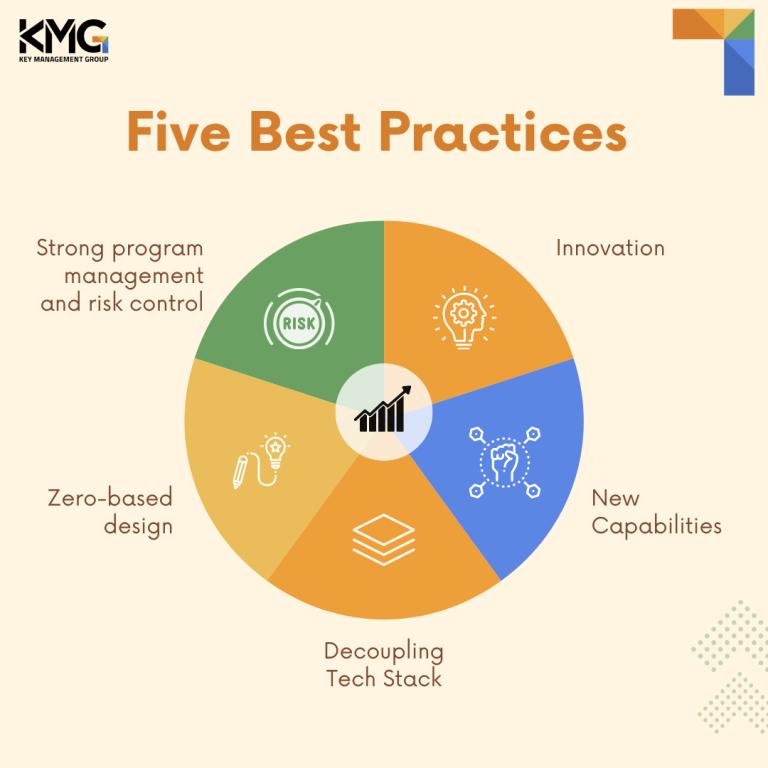In the intricate tapestry of financial planning, where dreams are woven with the threads of investment, savings, and retirement goals, one crucial element often lurks in the shadows: insurance. As we navigate the unpredictable currents of life, the question arises—should insurance be a higher priority in our financial blueprints? Imagine building a magnificent castle, each stone representing an asset, a goal, or a future plan. Now, envision the cornerstone, the unseen yet indispensable support that holds the entire structure together. In this grand design of wealth and security, insurance stands as that cornerstone, a silent guardian against life’s unforeseen tempests. This article embarks on a journey to illuminate the pivotal role of insurance, challenging the conventional hierarchy of financial priorities and inviting you to reimagine your fiscal fortress with confidence and foresight.
Evaluating the Role of Insurance in Your Financial Security Blueprint
In the intricate tapestry of financial planning, insurance often plays the unsung hero, quietly providing a safety net that supports the broader goals of wealth accumulation and asset protection. By ensuring financial stability in the face of unforeseen circumstances, insurance can transform potential setbacks into manageable events. Consider the following aspects when evaluating its role:
- Risk Management: Insurance mitigates the financial impact of life’s uncertainties, such as health issues, accidents, or property damage, allowing you to focus on growth and investment strategies without fear of devastating losses.
- Peace of Mind: The psychological comfort that comes from knowing you’re protected can empower you to take calculated risks elsewhere in your financial plan, fostering an environment conducive to prosperity.
- Legacy Planning: Life insurance, in particular, can be a pivotal tool in ensuring that your legacy and financial goals extend beyond your lifetime, offering a means to support loved ones or charitable causes.
Incorporating insurance into your financial strategy is not just about safeguarding what you have, but about setting the stage for what you aspire to achieve. As such, it deserves a place of prominence in your financial blueprint, woven seamlessly into the fabric of your aspirations and realities.
Strategic Integration of Insurance in Long-Term Wealth Building
Incorporating insurance into a long-term wealth-building strategy is more than just a safety net; it’s a proactive step towards financial resilience. Insurance, often underestimated, serves as a crucial component in safeguarding assets and ensuring financial continuity. It provides a protective shield against unforeseen events that could potentially derail financial goals. By strategically selecting insurance products that align with one’s financial objectives, individuals can fortify their wealth-building plans against the unpredictable twists of life.
- Risk Management: Insurance mitigates risks, protecting against losses that can disrupt financial stability.
- Legacy Planning: Life insurance, in particular, ensures the seamless transfer of wealth to future generations, preserving family wealth.
- Investment Opportunities: Certain insurance policies offer investment components, allowing for growth while maintaining protection.
By weaving insurance into the fabric of financial planning, individuals not only protect their current assets but also enhance their ability to pursue long-term financial ambitions with confidence. This strategic integration transforms insurance from a mere protective measure into a dynamic tool for wealth accumulation and preservation.

Expert Insights: Balancing Risk Management with Financial Growth
In the intricate dance of financial planning, risk management often finds itself overshadowed by the allure of growth opportunities. Yet, savvy financial strategists recognize that prioritizing insurance can be the cornerstone of a resilient financial plan. While the temptation to chase high returns is ever-present, incorporating insurance as a fundamental element ensures that financial aspirations are safeguarded against unforeseen setbacks.
Consider these pivotal reasons why insurance should command a higher priority in your financial strategy:
- Protection of Assets: Insurance acts as a safety net, ensuring that your assets remain intact even in the face of unexpected events.
- Stability in Uncertainty: By mitigating risks, insurance provides a stable foundation, allowing for more calculated and confident financial growth.
- Comprehensive Planning: A robust financial plan is incomplete without a well-thought-out insurance strategy, balancing both risk and reward.
Ultimately, weaving insurance into the fabric of your financial blueprint not only fortifies your present but also paves the way for sustainable growth. The peace of mind that comes with knowing you’re prepared for any eventuality is, in itself, an invaluable asset.

Prioritizing Insurance: Key Recommendations for Robust Financial Health
In the grand tapestry of financial planning, insurance often appears as a subtle thread, yet its significance is profound and far-reaching. As you chart your financial journey, consider these recommendations to enhance your financial health with strategic insurance decisions:
- Evaluate Your Risks: Begin by understanding the potential risks in your life and how they could impact your financial stability. Whether it’s health, property, or income, identifying these vulnerabilities allows you to choose the right insurance policies to safeguard against unforeseen events.
- Align with Life Stages: Your insurance needs evolve as you transition through different phases of life. Whether you are a young professional, a parent, or approaching retirement, ensure your coverage adapts to protect what matters most at each stage.
- Balance Coverage and Cost: It’s crucial to strike a balance between comprehensive coverage and affordability. Opt for policies that offer substantial protection without overextending your budget. Regularly review your policies to eliminate unnecessary coverage and adjust deductibles to optimize costs.
By prioritizing these key aspects, you not only fortify your financial plan but also cultivate a safety net that can support you through life’s unpredictabilities. Remember, the right insurance strategy is not a luxury; it’s an essential pillar of robust financial health.

